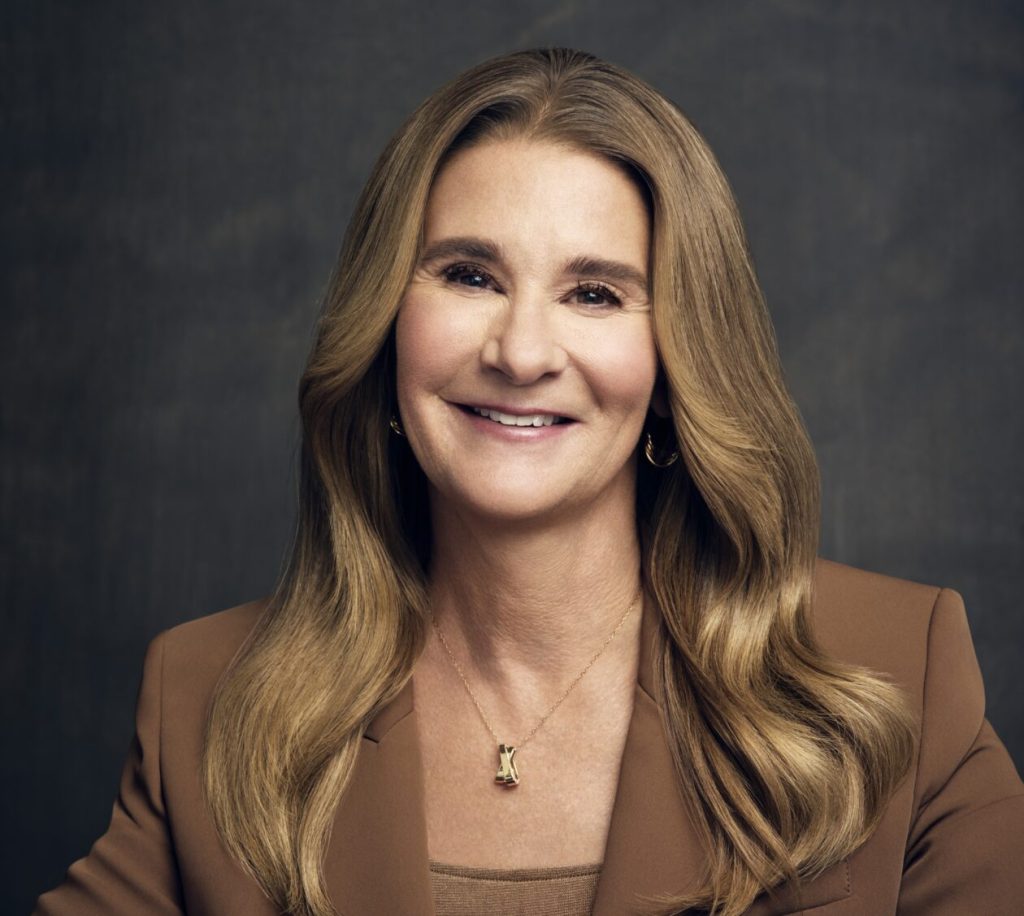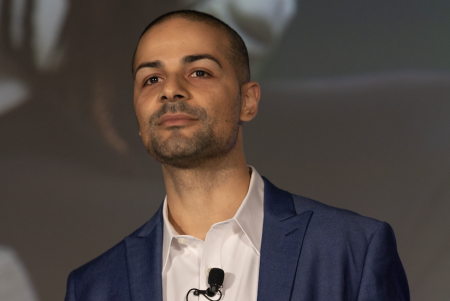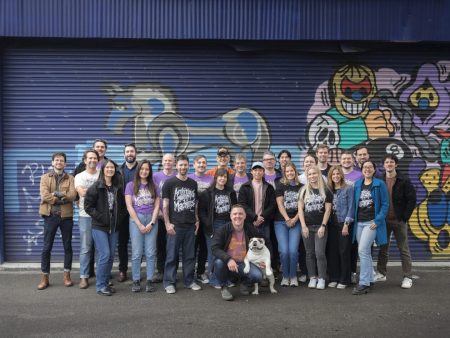Melinda French Gates has committed $150 million to further women’s equality in the workplace, targeting systemic barriers that hinder their progress and overall well-being. This substantial investment is part of French Gates’s broader $1 billion pledge to empower women and families, addressing critical issues that limit their full participation and success in professional spheres. French Gates argues that despite notable gains in women’s workforce representation, deep-seated obstacles like insufficient caregiving support, inflexible workplace policies, persistent discrimination, and even harassment continue to impede their ability not just to work, but to thrive. She emphasizes that achieving true gender equality requires dismantling these barriers, lest the progress made thus far be jeopardized. The funding aims to reshape the modern workplace, which, as French Gates points out, was not designed with women’s needs in mind.
This $150 million commitment will be distributed across several key areas. A significant portion will be dedicated to fostering healthier work environments for women. This encompasses collaborating with employers to improve benefits packages, challenging outdated norms that shape public policy, and advocating for policy changes that offer crucial protections for women, including fair wages and paid leave. This multifaceted approach aims to tackle the issue from multiple angles, working with both the private and public sectors to implement meaningful change. The goal is to create a supportive and equitable environment where women are not just present, but valued, respected, and empowered to reach their full potential.
Furthermore, a substantial investment will be directed toward increasing women’s representation in the technology sector, particularly in the rapidly evolving field of artificial intelligence (AI). Recognizing the growing influence of AI on society, French Gates seeks to empower women to become leaders in this transformative field. By supporting organizations such as the Center for Inclusive Computing, Rewriting the Code, and Break Through Tech AI, the funding will help build a pipeline of female talent in AI and ensure that companies developing and deploying AI technologies prioritize maximizing benefits and minimizing potential harms. This focus on AI highlights the understanding that technology shapes the future, and women must be at the forefront of its development and application.
The rationale behind this targeted investment in AI stems from its anticipated profound and disproportionate impact on society. The initiative seeks to ensure that women are not merely passive recipients of AI’s influence but actively involved in shaping its trajectory. This entails not only increasing the number of women working in AI but also fostering leadership roles for them. By doing so, the initiative aims to ensure that the development and implementation of AI consider diverse perspectives and mitigate potential biases, ultimately contributing to a more equitable and inclusive technological landscape. This recognizes the potential for AI to either exacerbate existing inequalities or become a tool for positive social change, and strategically invests in the latter.
Beyond direct investment in AI and tech skills development, the funding will also explore the potential of AI to address workplace challenges faced by women. As AI becomes increasingly integrated into human resources systems and other workplace practices, there are opportunities to leverage its capabilities to dismantle existing barriers. This could include using AI to identify and mitigate bias in hiring and promotion processes, personalize professional development opportunities, and create more flexible and accommodating work arrangements. By exploring these possibilities, the initiative aims to harness the power of AI to create more equitable and inclusive workplaces.
The Aspen Institute will receive a significant portion of the funding ($75 million) to establish a workplace innovation council. This council will play a crucial role in driving research, developing best practices, and advocating for policy changes that promote gender equality in the workplace. The remaining $30 million will be distributed among several other organizations dedicated to advancing women’s rights and opportunities, including Lift Our Voices, Management Leadership for Tomorrow, National Partnership for Women & Families, Responsible Innovation Labs, and the Women and Public Policy Program at Harvard Kennedy School. This diversified approach ensures a comprehensive and collaborative effort to address the complex and multifaceted challenges facing women in the workplace.
In essence, Melinda French Gates’s $150 million commitment represents a strategic investment in the future of women in the workforce. By addressing systemic barriers, supporting leadership development in key fields like AI, and fostering innovation in workplace practices, this initiative aims to create a more equitable and inclusive environment where women can not only participate but truly thrive. The funding underscores the recognition that gender equality is not merely a social imperative but also a crucial driver of economic growth and societal progress. By empowering women to reach their full potential, this initiative invests in a future where everyone benefits.













